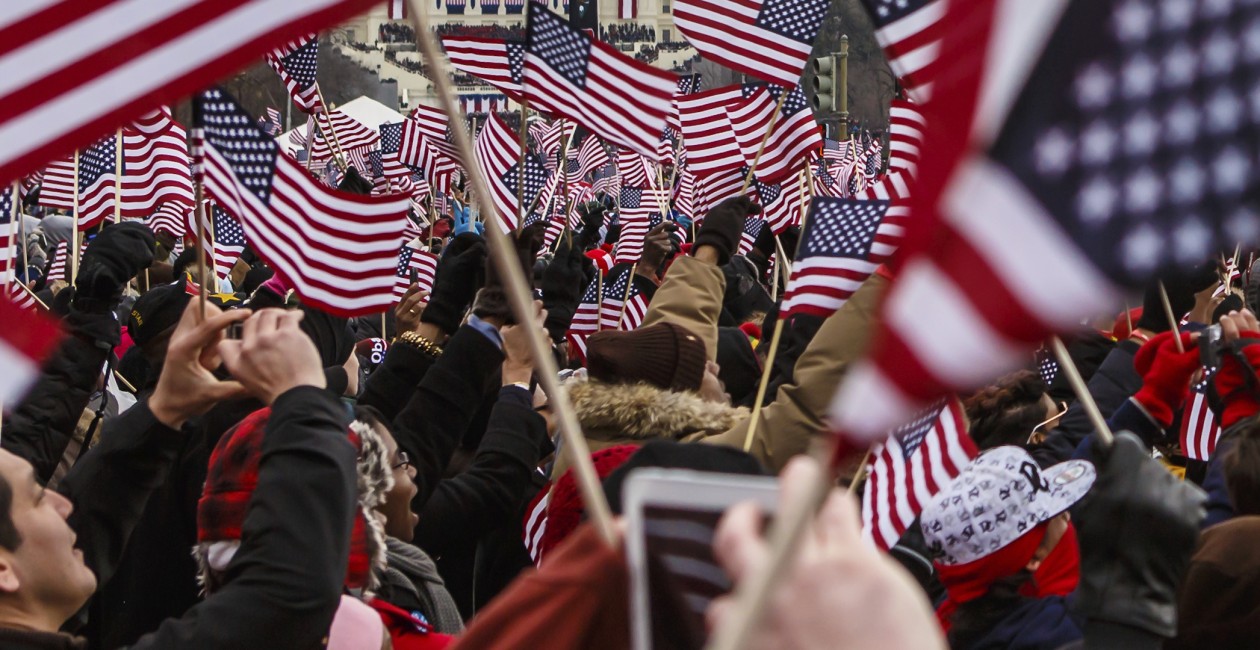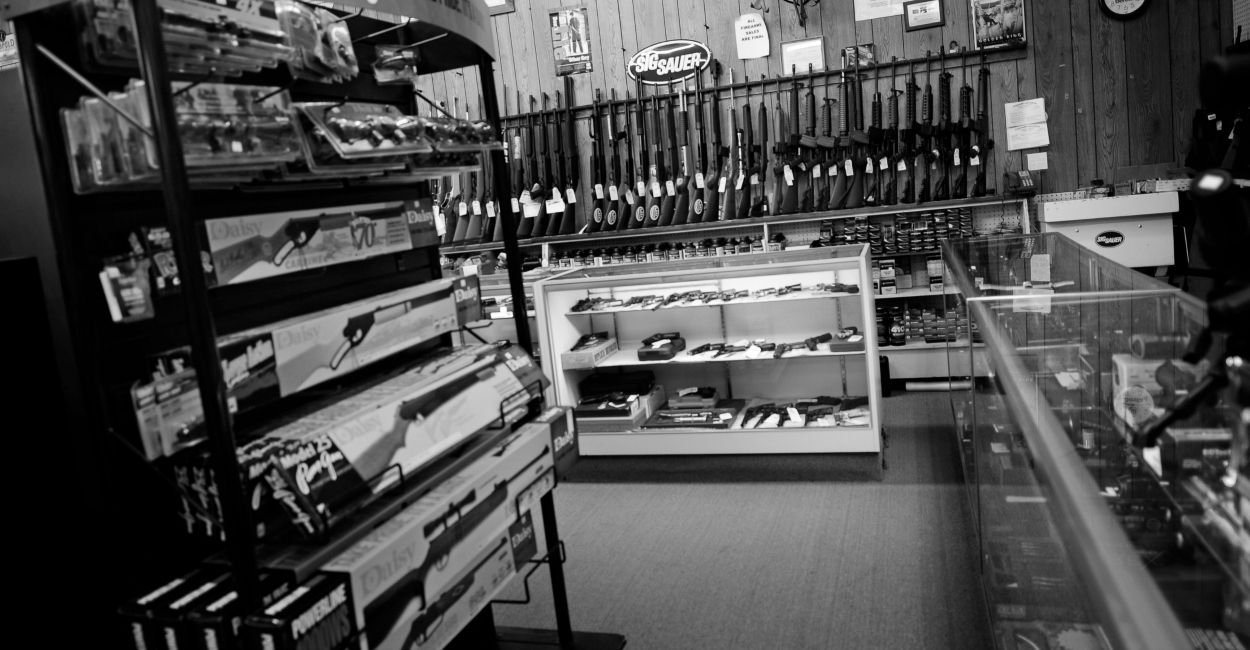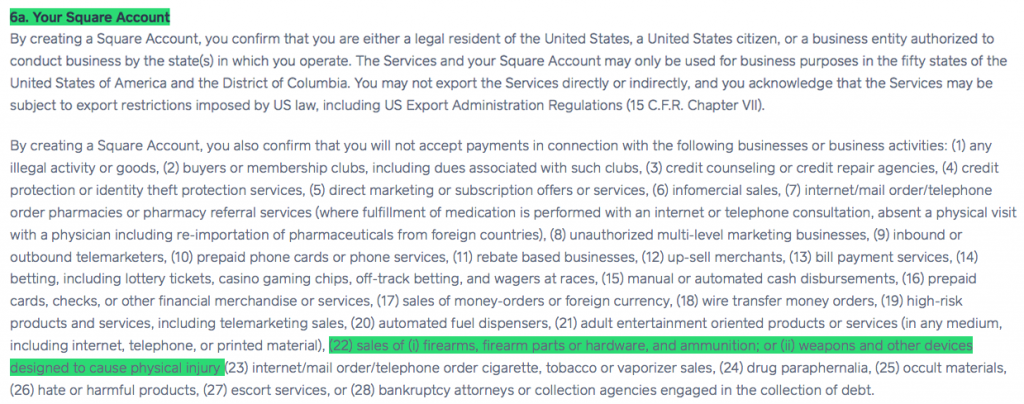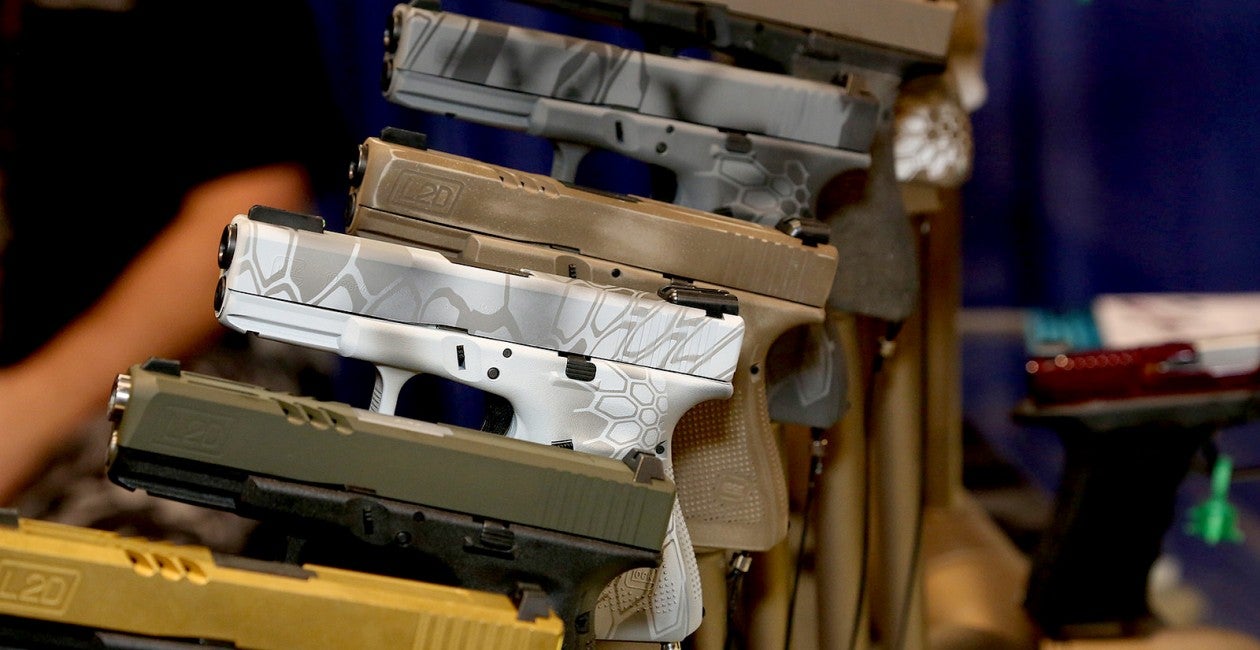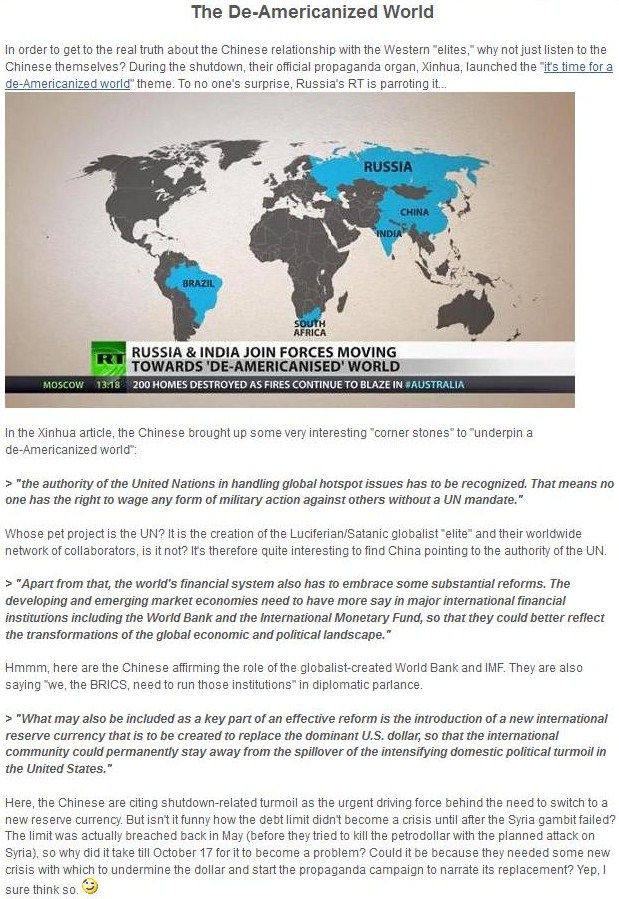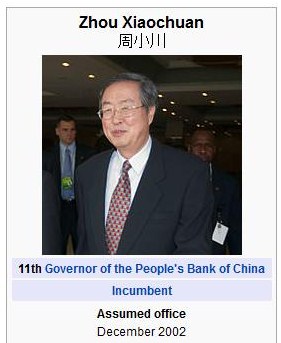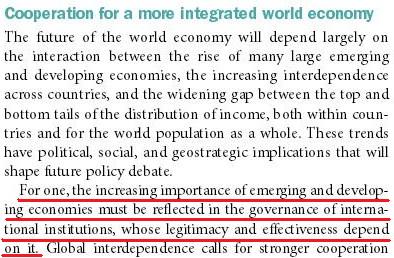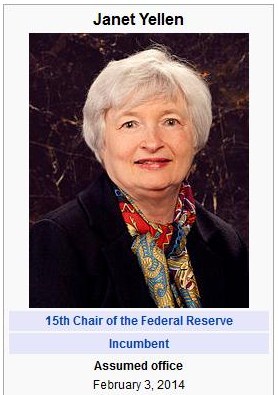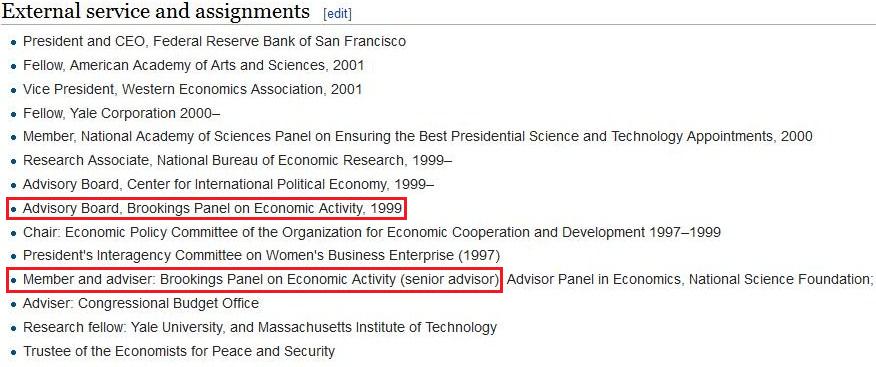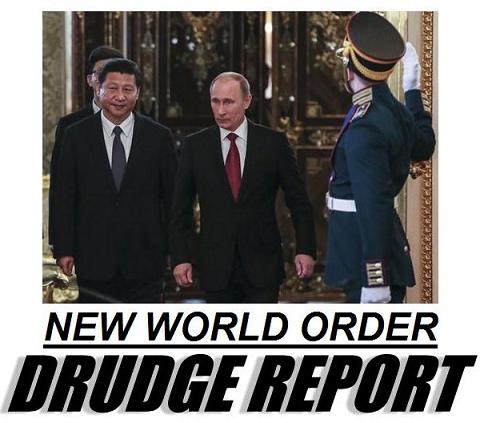 HOLDER HAS MADE IT HARDER FOR FEDERAL GOVERNMENT TO LEGALLY SEIZE YOUR PROPERTY
HOLDER HAS MADE IT HARDER FOR FEDERAL GOVERNMENT TO LEGALLY SEIZE YOUR PROPERTYThe Daily Signal
January 22, 2015
In a stunning announcement last week, Attorney General Eric Holder announced the Department of Justice would immediately stop “adopting” state civil asset forfeiture cases. Attorney General Eric Holder’s announcement came exactly one week after leaders on Capitol Hill called on him to halt the controversial program as a step toward broader reform of the nation’s civil forfeiture system.
Before today’s announcement, federal agencies could take over, or “adopt,” forfeiture cases from local or state law enforcement agencies. In other words, state or local law enforcement personnel would seize property and then turn it over to the federal government to process.
Pursuant to agreements with the federal government, once the property was successfully forfeited in federal court, the originating state or local agency got a portion of the proceeds, potentially as high as 80 percent. That money had to be used for law enforcement operations, placing it beyond the control of local governments and state legislators.
The program became the subject of controversy for effectively allowing local agencies to circumvent restrictive state laws in favor of the potentially more lucrative federal route, raising serious federalism and good government concerns. Even where states had strong procedural safeguards for property owners or limitations on the use of forfeiture funds, law enforcement could partner with the federal government and use federal rules to seize property and make use of the profits.
Sens. Charles Grassley, R-Iowa, and Mike Lee, R-Utah, and Reps. James Sensenbrenner, R-Wisc., and John Conyers, D-Mich., wrote that “these seizures might circumvent state forfeiture law restrictions, create improper incentives on the part of state and local law enforcement, and unnecessarily burden our federal authorities.”
Apparently responding to these concerns, the attorney general’s new policy bars federal authorities from adopting local or state seizures of “vehicles, valuables, cash and other monetary instruments.”
The AG was able to make this change unilaterally because the statutes underlying federal civil forfeiture made the equitable sharing payments optional.
The Department of Justice has the authority to craft, and to change, the rules of the program. The Treasury Department, which operates its own forfeiture fund, announced its forfeiture operations will conform to the same guidelines as those laid out by Holder.
Although this is an important step, there are some important limitations and potentially significant loopholes to the new rule:
- “Adoptive” forfeitures make up a declining, and relatively minor, percentage of the equitable sharing program’s payouts to the states – about 17 percent in 2010, according to the GAO. This means the vast majority of the equitable sharing program is untouched by the new rule.
- Federal adoptive forfeitures are still allowed for four express categories representing “public safety concerns” – firearms, ammunition, explosives and child pornography. These types of adoptive forfeitures have accounted for a mere 0.1 percent of forfeitures since 2008, according to The Washington Post.
- The attorney general’s order allows for “seizures pursuant to federal warrants, obtained from federal courts to take custody of assets originally seized under state law.” It is relatively easy for federal authorities to obtain a warrant from a federal magistrate that would enable those authorities to take custody of assets “originally seized [by state law enforcement authorities] under state law.” If federal authorities do this routinely, this exception could prove to be broad indeed, grossly undercutting effective limitations on federal adoption of state forfeiture matters.
- Property seized as part of a joint task force, composed of federal and state or local law enforcement officials, is unaffected by the new rules. If “joint federal-state investigations” are defined to mean instances where there is genuine and continuous cooperation, then this exception may be relatively narrow. But if this is defined more broadly—as any task force that simply receives federal money, or has any contact, however incidental, with a federal law enforcement agency—this exception could render the order a dead letter.
- Although “adoption” is now prohibited, federal civil asset forfeiture by referral is not. In other words, local law enforcement may simply give a heads-up to federal law enforcement to make the initial seizure. Pursuant to federal law, state or local law enforcement agencies still might be eligible for equitable sharing funds. This type of action violates the spirit of last week’s move but not the letter.
- The assistant attorney general for the Criminal Division can approve adoptions going forward. It remains to be seen how often, and on what grounds, adoptions will be granted under this exception, which also could prove to be quite broad.
- Finally, the order represents internal DOJ policy and not a change in statute. It thus could be reversed at any time.
Today’s announcement in no way will hinder forfeiture actions executed solely by federal authorities, and it leaves open the option for state and local law enforcement to pursue in state courts the civil forfeiture cases they otherwise would have transferred to the federal government. This puts renewed focus on the need for legislative reform of state civil forfeiture laws. Washington, D.C., and Minnesota have enacted broad reforms meant to protect innocent property owners; other states should follow suit.
And regardless of how broadly or narrowly these exceptions prove to be, if one of these exceptions is invoked, it still allows state and local agencies to skirt any state law limitations regarding how and when forfeited funds obtained under current equitable sharing rules can be used by local authorities.
While the Justice Department continues its top-to-bottom review of the civil forfeiture program, Congress should continue to take up the challenge of forfeiture reform, addressing this and the many other issues of federal forfeiture that remain untouched. Numerous bills have been proposed in both houses of Congress, and this is one of the few truly bipartisan issues.
The prospects look good: Sen. Grassley, the new chairman of the Senate Judiciary Committee, praised Friday’s announcement but indicated he would still push for legislative reforms.
http://dailysignal.com/2015/01/22/holder-just-made-harder-federal-government-legally-seize-property/
